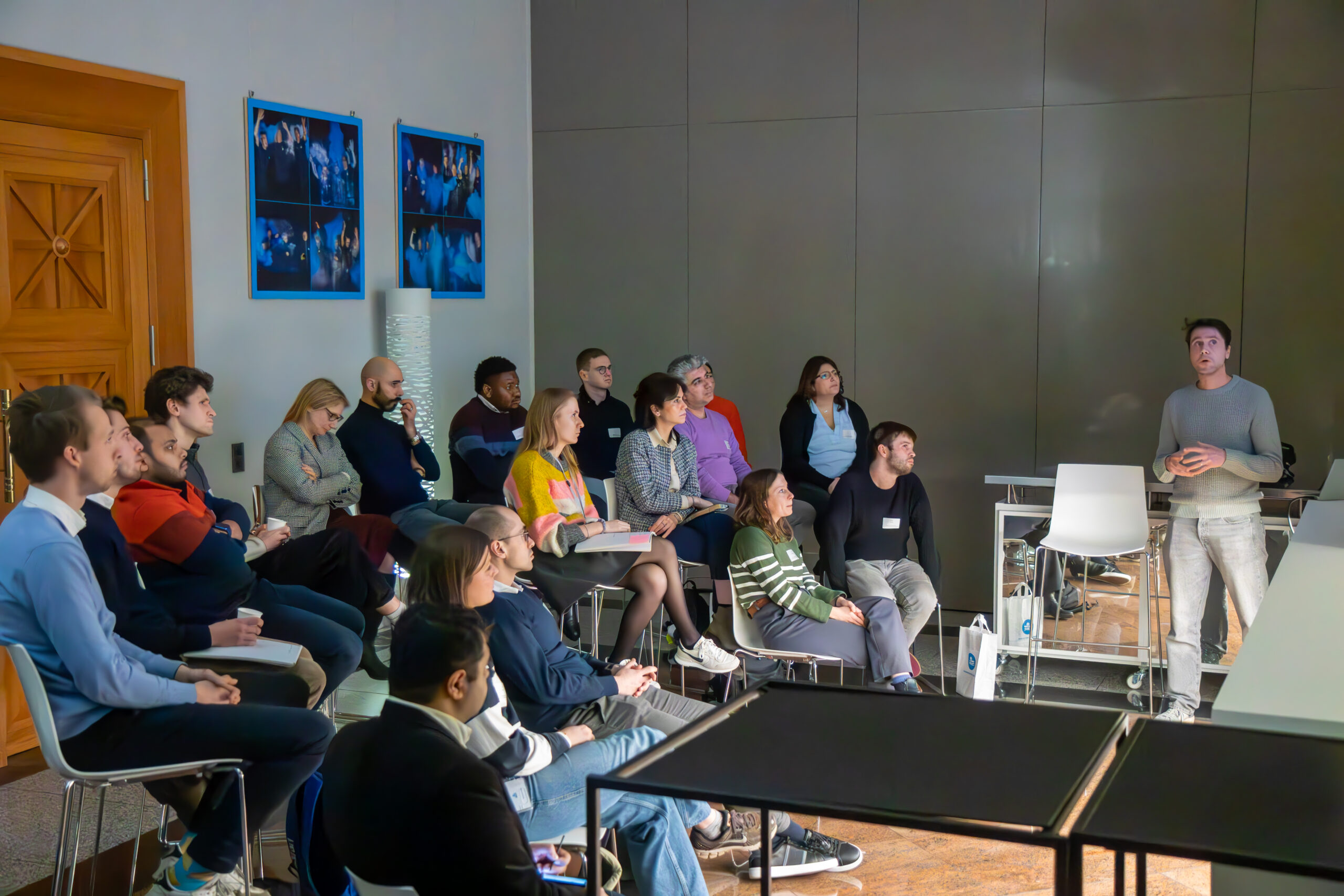First research contract with European Space Agency
We are pleased to announce that we have signed a first research contract with the European Space Agency (ESA). The project aims to develop an intelligent robot-assisted non-destructive system to investigate composite structures.
Using artificial intelligence, the robot will be able to carry out analyses using two different methods: dimensional metrology (with lasers) and ultrasonic testing (with ultrasounds). The artificial intelligence will be responsible for, firstly, the selection of the most appropriate measuring method, then the examination of critical features and, finally, the interpretation of the output signals to detect potential defects.
Several months training for the robot
To achieve this capability, the artificial intelligence will be trained over several months on typical defects that can be found in relevant composite materials. After this training step, the system should be able to work autonomously.
Partnership in the space industry
To reach the project goals, ENGIE Laborelec has joined forces with 3 well-known companies in the space industry: SABCA, Verhaert and Fixar. The tasks allocation is the following:
ENGIE Laborelec will lead the project and bring its expertise in non-destructive testing.
Verhaert New Products and Services nv will both build and train the artificial intelligence part of the system.
SABCA will manufacture the composite materials needed to train the artificial intelligence. Their UT robot will also be used in the project.
Fixar will design and build the demonstrator, including the automation and the metrology aspect of the project.
Appreciated niche skills
The project started on the 15st of April 2021 and will run for 2.5 years. The Contract is carried out under a programme funded by the European Space Agency, for a total value of 900.000€. This contract is a result of our willingness to collaborate with the ESA on research projects. Our teams have many specific and key skills to offer in this domain. The great value of these competences and the fact that they are not easily found on the market was a crucial factor that fostered the signing of the contract.
Would you like to learn more about this project or about our collaboration with ESA?


